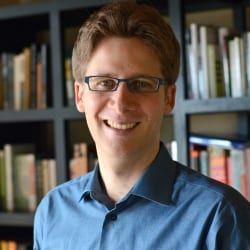
Field-Of-Study: Psychology


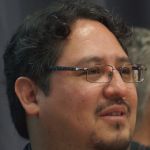
Joseph P. Gone
In his interdisciplinary scholarship, clinical-community psychologist Joseph P. Gone examines cultural influences on mental health status. A citizen of the Gros Ventre tribal nation of Montana, he has investigated these issues through collaborative research partnerships in both reservation and urban indigenous communities in the United States and Canada. For example, he attends to the distinctive
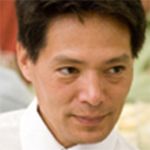
Peter Tse
Peter Ulric Tse is a professor of cognitive neuroscience at Dartmouth College, where he has been since 2001. His lab’s research focuses on using brain and behavioral data to constrain models of the neural bases of attention and consciousness, unconscious processing that precedes and constructs consciousness, mental causation, and human capacities for imagination and creativity.

Scott Monroe
Since his early graduate training in clinical psychology, Scott Monroe has been focused on the problem of depression—fascinated by the episodic nature of the condition, vexed by its devastating effects. Both in his early clinical work and research, he witnessed scores of talented and wonderful people who fell into the deep throes of depression, recovered,

Judith F. Kroll
Judith F. Kroll is Distinguished Professor of Psychology, Linguistics, and Women’s Studies and Director of the Center for Language Science at Pennsylvania State University. She completed her undergraduate degree at New York University and graduate degrees at Brandeis University. She held faculty positions at Swarthmore College, Rutgers University, and Mount Holyoke College before joining the
Gary W. Evans
Gary W. Evans is the Elizabeth Lee Vincent Professor of Human Ecology, Cornell University. He is a developmental and environmental psychologist interested in how the physical environment affects children’s development. Much of his work over the past two decades has focused on the environment of childhood poverty, examining how the accumulation of psychosocial and physical
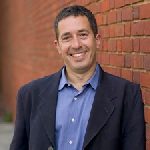
Eldar Shafir
Eldar Shafir is the William Stewart Tod Professor of Psychology and Public Affairs at Princeton University. His research focuses on descriptive analyses of decision making, and on issues related to behavioral economics. Most recently, he has focused on decision making in the context of poverty and, more generally, on the application of behavioral research to
David A. Rosenbaum
David A. Rosenbaum (b. October 3, 1952) is a cognitive psychologist whose main interests are human perception and performance. He has helped marry cognitive psychology and motor control. Rosenbaum attended public schools in Philadelphia and then attended Swarthmore College (B.A., 1970-1973) and Stanford University (Ph.D., 1973-1977). He worked at Bell Laboratories (1977-1981), Hampshire College (1981-1987),
Pascal Boyer
Pascal Boyer studied philosophy and anthropology at the University of Paris and Cambridge, where he did his graduate work with Professor Jack Goody, on the memory constraints on transmission of oral literature. He has done anthropological fieldwork in Cameroon on the transmission of the Fang oral epics and on Fang traditional religion. Since then he
Mariano Ben Plotkin
The world’s leading authority on the history of psychoanalysis in Argentina, Mariano Ben Plotkin holds undergraduate degrees in history (1983) and economics (1984) from, respectively, the Universidad de Belgrano and Universidad de Buenos Aires. He continued his studies in history at the University of California, Berkeley, with the support of fellowships from the University of
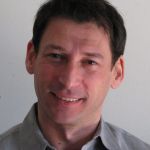
Alexander Todorov
Alexander Todorov was born and grew up in Bulgaria. After graduating from Sofia University, he studied at Oxford University for a year. After completing his studies at Oxford, he moved to New York City. He completed a master’s degree at the New School for Social Research in 1998 and a Ph.D. degree at New York
Shinobu Kitayama
Educated at Kyoto University (B.A., 1979, M.A., 1981) and the University of Michigan (Ph.D., 1987), Shinobu Kitayama is currently a Professor of Psychology and Director of the Culture and Cognition Program at the University of Michigan. On coming to the United States for his doctoral studies, Mr. Kitayama was struck by the number of choices

Barbara Landau
Barbara Landau is the Dick and Lydia Todd Professor of Cognitive Science at the Johns Hopkins University. She received her Ph.D. from the University of Pennsylvania in 1982, and held faculty positions at Columbia University, the University of California, Irvine, and the University of Delaware before she moved to Johns Hopkins in 2001, where she
